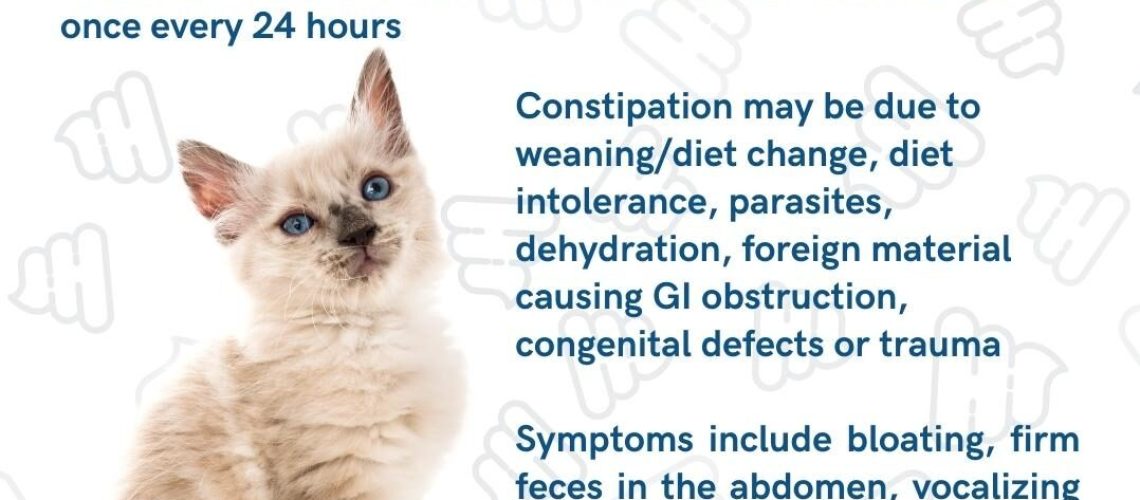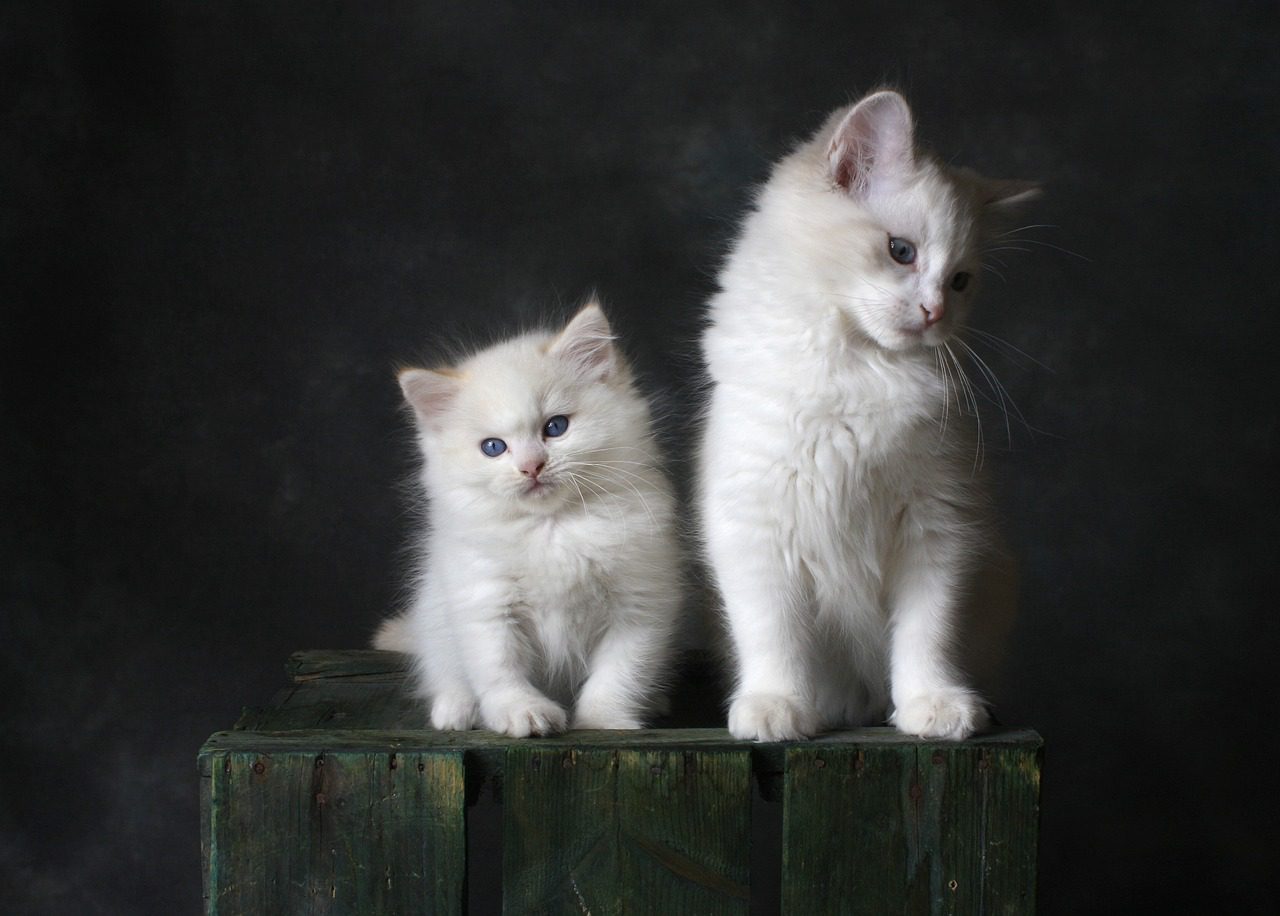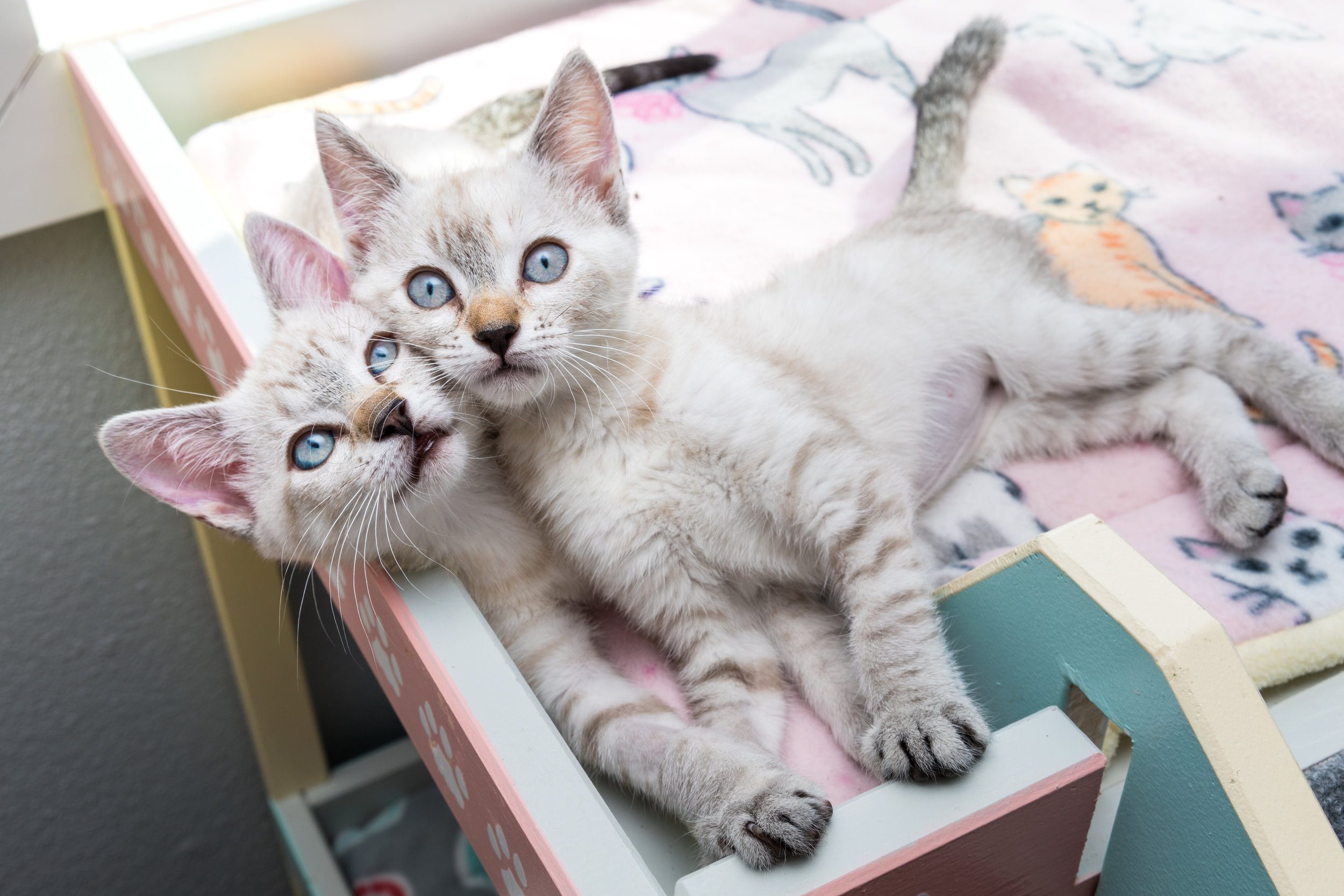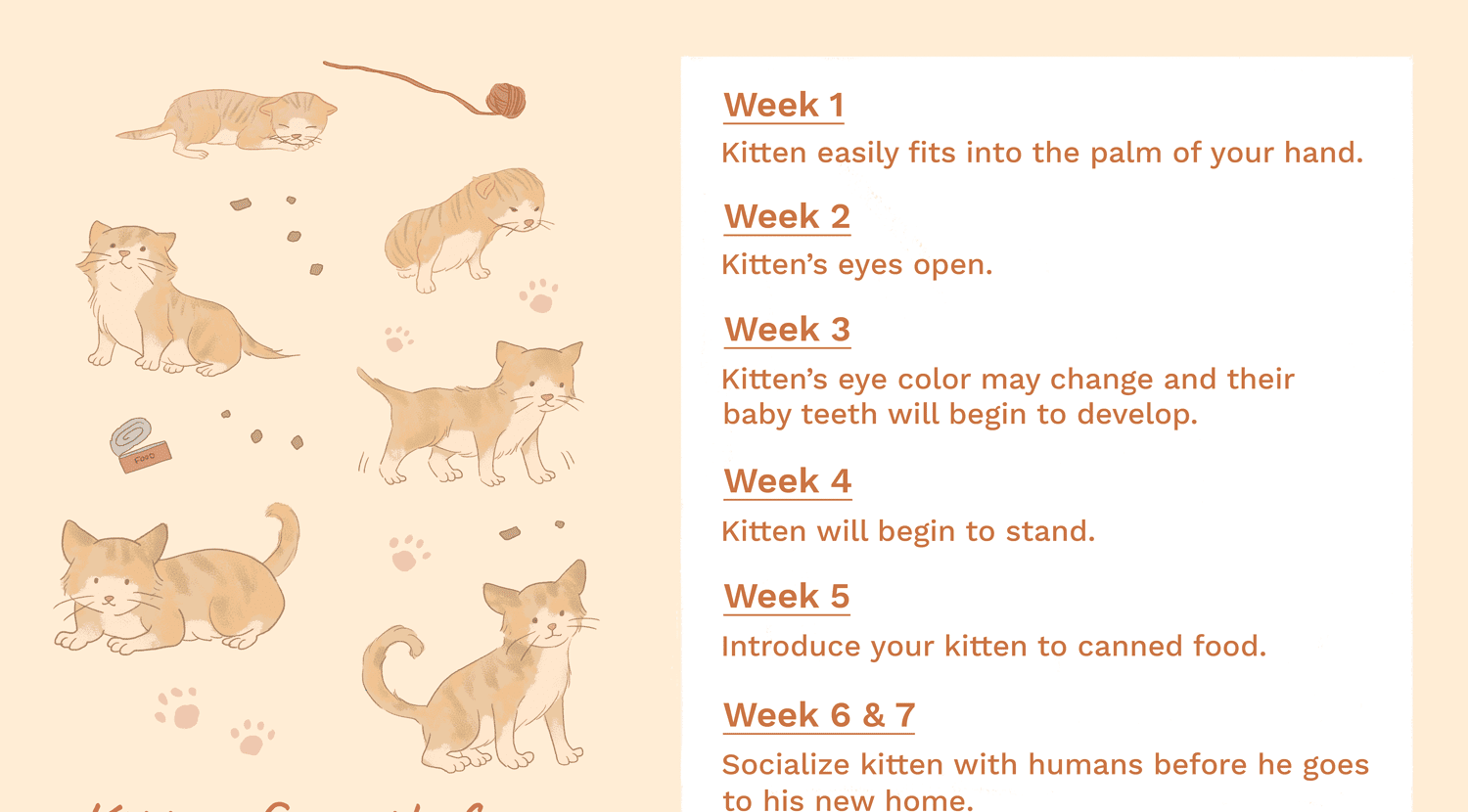Are you a proud owner of a cute little kitten? If so, then you know how important it is to keep them healthy and happy. But did you know that even kittens can experience constipation? It may not be the most glamorous topic, but understanding the causes, symptoms, and treatment of kitten constipation can be incredibly valuable for any pet owner. By delving into this subject, you will gain the knowledge needed to ensure your furry friend's well-being and prevent any discomfort they may be experiencing. So let's explore the world of kitten constipation together and learn how to keep those tiny tummies running smoothly!
Key Takeaways:
- Kitten constipation can be caused by a variety of factors, including inadequate hydration, lack of dietary fiber, or underlying health conditions.
- Common symptoms of kitten constipation include straining in the litter box, small and hard stools, and decreased appetite.
- Treatment options for kitten constipation may include increasing water intake, adding fiber to their diet, and using laxatives under veterinary guidance.
- Preventing kitten constipation can be achieved through proper hydration, a balanced diet with sufficient fiber content, and regular exercise.
- If a kitten experiences persistent or severe constipation, it is important to consult a veterinarian for further evaluation and treatment.
Understanding Kitten Constipation: Causes and Symptoms
Causes of Kitten Constipation
Kitten constipation can be caused by several factors. One common cause is a lack of fiber in their diet. Fiber helps to keep the digestive system moving smoothly, but if a kitten doesn't have enough fiber in their food, it can lead to constipation. Another cause may be dehydration. When kittens don't drink enough water, their stools can become hard and difficult to pass. Other causes include stress, changes in routine, or certain medications that can slow down the digestive system.
Symptoms of Kitten Constipation
It's important to know the signs of constipation in kittens so you can help them as soon as possible. Some common symptoms include straining in the litter box without producing any stool, small or dry stools, and reluctance to use the litter box altogether. You may also notice your kitten being more lethargic or having a decreased appetite. If you see any of these signs, it's important to take action and help your kitten find relief.
Signs of Constipation in Kittens: What to Look Out For
Straining in the Litter Box
One sign that your kitten may be constipated is if they are spending a lot of time in the litter box but not producing any stool. You may notice them straining or pushing without any results. This is a clear indication that something is not right with their digestive system.
Small or Dry Stools
If you notice that your kitten's stools are smaller than usual or dry and hard, it could mean they are constipated. Normally, healthy kitten stools should be soft and easy to pass. If they become hard and dry, it indicates a problem with their digestion.
Reluctance to Use the Litter Box
Another sign of constipation in kittens is if they start avoiding the litter box altogether. They may associate the litter box with discomfort or pain, so they try to avoid it. If you notice your kitten going to unusual places to relieve themselves or not using the litter box at all, it's a red flag that something is wrong.
The Role of Diet in Kitten Constipation: How Food Can Affect Digestion
The Importance of Fiber
Fiber plays a crucial role in maintaining a healthy digestive system for kittens. It adds bulk to their stool and helps it move through the intestines more easily. Lack of fiber in their diet can lead to constipation. To ensure your kitten gets enough fiber, consider feeding them high-quality kitten food that contains natural sources of fiber like pumpkin or psyllium husk.
Hydration and Water Intake
Proper hydration is also essential for preventing constipation in kittens. When kittens don't drink enough water, their stools can become hard and difficult to pass. Make sure your kitten always has access to clean fresh water and encourage them to drink regularly.
Natural Remedies for Kitten Constipation: Home Treatments to Try
Increase Water Intake
One natural remedy for kitten constipation is increasing their water intake. You can do this by adding a little bit of warm water to their food or providing them with a water fountain that encourages them to drink more.
Dietary Changes
Adjusting your kitten's diet can also help alleviate constipation. Adding more fiber-rich foods like canned pumpkin or cooked sweet potato can promote regular bowel movements. However, make sure to introduce any dietary changes gradually and consult with your vet before making significant changes to their diet.
When to Seek Veterinary Help for Your Constipated Kitten
Persistent Symptoms
If your kitten's constipation symptoms persist for more than a day or two despite trying home remedies, it's time to seek veterinary help. A veterinarian will be able to assess the severity of the constipation and provide appropriate treatment options.
Signs of Distress or Pain
If you notice that your kitten is in distress, experiencing severe pain, or has a bloated abdomen, it's crucial to seek immediate veterinary attention. These could be signs of a more serious underlying condition that requires medical intervention.
Possible Medical Treatments for a Constipated Kitten: What the Vet Might Recommend
Laxatives or Stool Softeners
In some cases, a veterinarian may prescribe laxatives or stool softeners to help relieve your kitten's constipation. These medications can help soften the stool and make it easier for your kitten to pass.
Enemas
If the constipation is severe, an enema may be necessary. This involves introducing fluid into the rectum to help loosen and remove the hardened stool. Enemas should only be performed by a veterinarian as they require expertise and caution.
Preventing Future Episodes of Kitten Constipation: Tips for a Healthy Digestive System
Provide Adequate Fiber
Ensuring your kitten receives enough fiber in their diet is essential for maintaining a healthy digestive system. Choose high-quality kitten food that contains natural sources of fiber or discuss with your vet about adding supplements if needed.
Promote Hydration
Encourage your kitten to drink plenty of water by providing fresh water at all times. Consider using water fountains or offering wet food, which has a higher water content.
Regular Exercise
Physical activity can help stimulate your kitten's digestive system. Play with them regularly to keep them active and encourage movement.
By following these tips and being attentive to your kitten's needs, you can help prevent future episodes of constipation and ensure they have a healthy digestive system.
In conclusion, kitten constipation can be caused by various factors such as dehydration or a lack of fiber in their diet. It is important to recognize the symptoms and provide proper treatment, which may include adjusting their food or providing medication if necessary. By addressing these issues promptly, we can ensure our kittens stay healthy and comfortable.
What causes constipation in kittens?
Dehydration is a frequent culprit of constipation in cats and kittens. However, constipation can also be a symptom of various conditions such as diabetes, kidney disease, hyperthyroidism, and ruptured or impacted anal sacs.
Can constipation make a kitten sick?
In addition to the absence of stool in the litter box, a constipated kitten may exhibit the following symptoms: decreased appetite, vomiting, and lethargy.
Can overfeeding a kitten cause constipation?
If you give her too much food, she may be more likely to experience constipation, bloating, gas, diarrhea, or other serious problems with her digestive system. In newborns, these issues can even be deadly. However, if you don't give her enough food, she may struggle to gain weight, tremble, cry excessively, or seem weak and sick.
How long can kitten go without pooping?
If your cat usually has a bowel movement once a day, it is important to take note if they have not pooped for more than two or three days. This could be a sign of constipation, which may indicate an underlying disease. It is recommended to consult your veterinarian for further guidance and to avoid potential complications.
What is the fading kitten syndrome?
Fading kitten syndrome is a condition that occurs in newborn kittens, causing them to struggle and potentially die before they are able to wean. The symptoms can vary depending on the cause, but may include excessive crying, low body temperature, lethargy, isolation from their littermates, weight loss, and a weak sucking reflex.
Will olive oil help a kitten poop?
Olive oil can be used as a natural remedy for cats experiencing mild to moderate constipation or irritable bowel syndrome (IBS). It has laxative properties that can help soften hard and dry stool, making it easier for cats to pass.

















